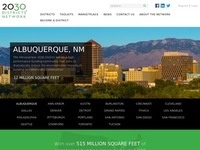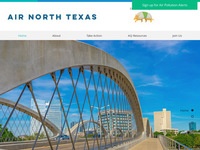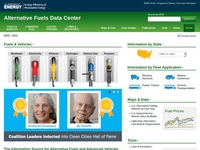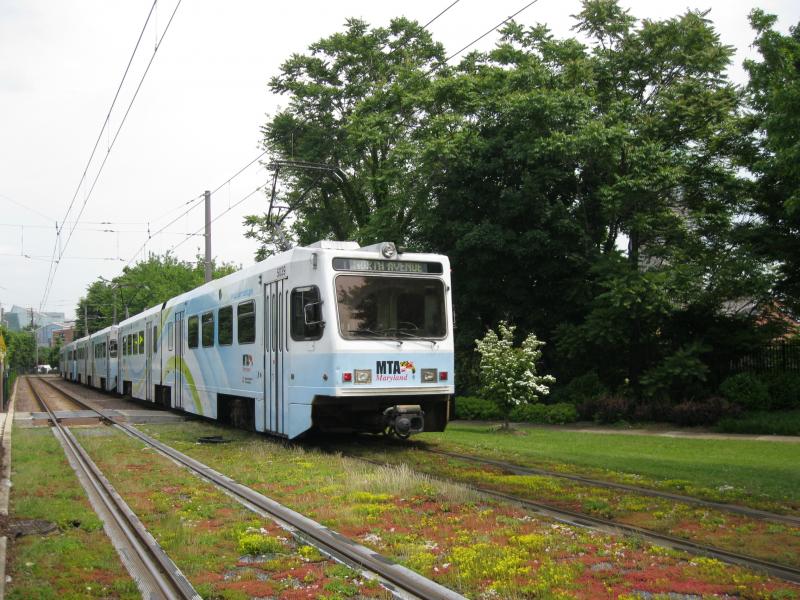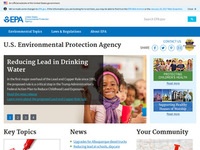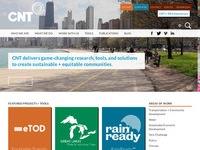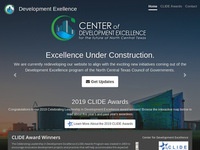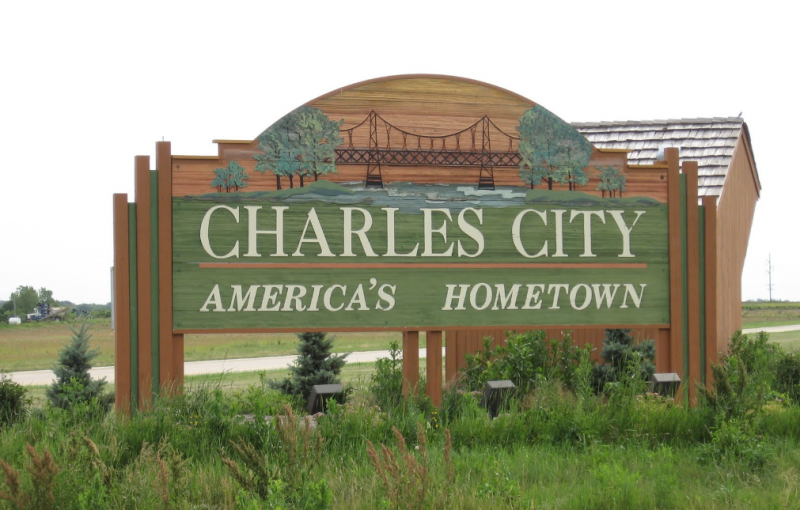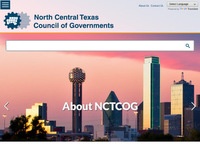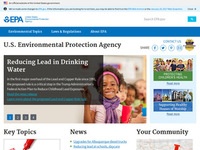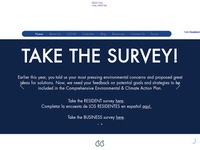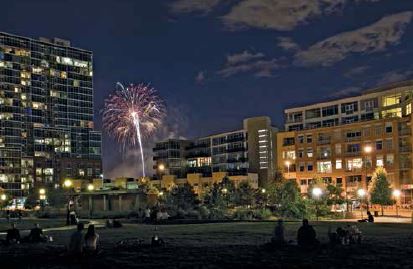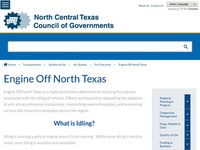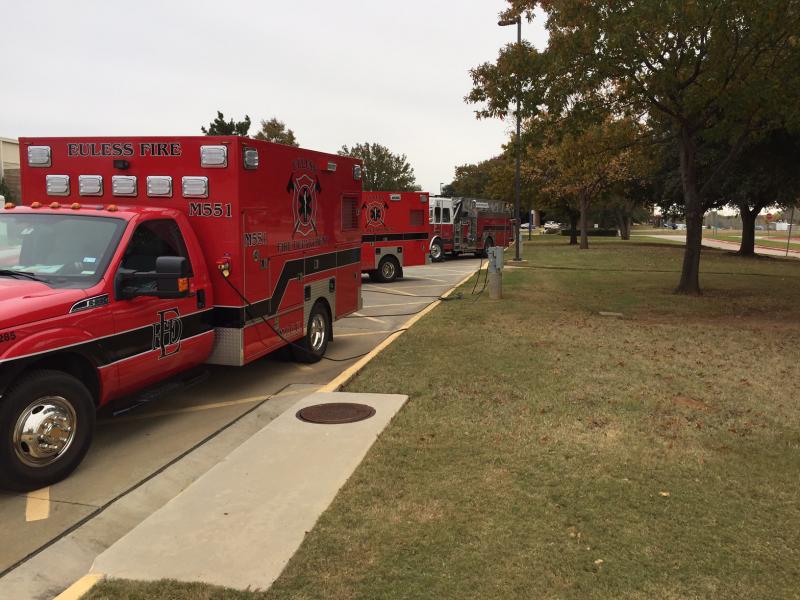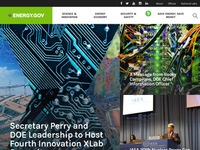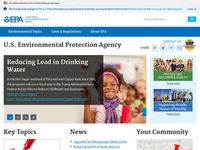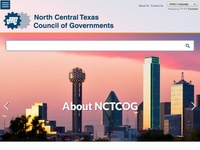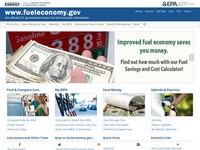Transportation
As North Texas is projected to grow to an estimated 10.7 million people by 2040, transportation is at the forefront to keep up with a rapidly growing region. In 2012, the US Environmental Protection Agency (EPA) designated ten counties (Collin, Dallas, Denton, Ellis, Johnson, Kaufman, Parker, Rockwall, Tarrant and Wise Counties) in North Central Texas as nonattainment for the pollutant ozone in accordance with the 2008 8-hour ozone National Ambient Air Quality Standards (NAAQS). As various transportation sectors remain a significant contributor to ozone emissions, transportation related projects are critical to ensure healthy air quality across the region. Below are tools, resources, and case studies to support local governments, educational institutions, and public and private entities’ efforts to implement programs to reduce harmful transportation related emissions in the public and private sector.

